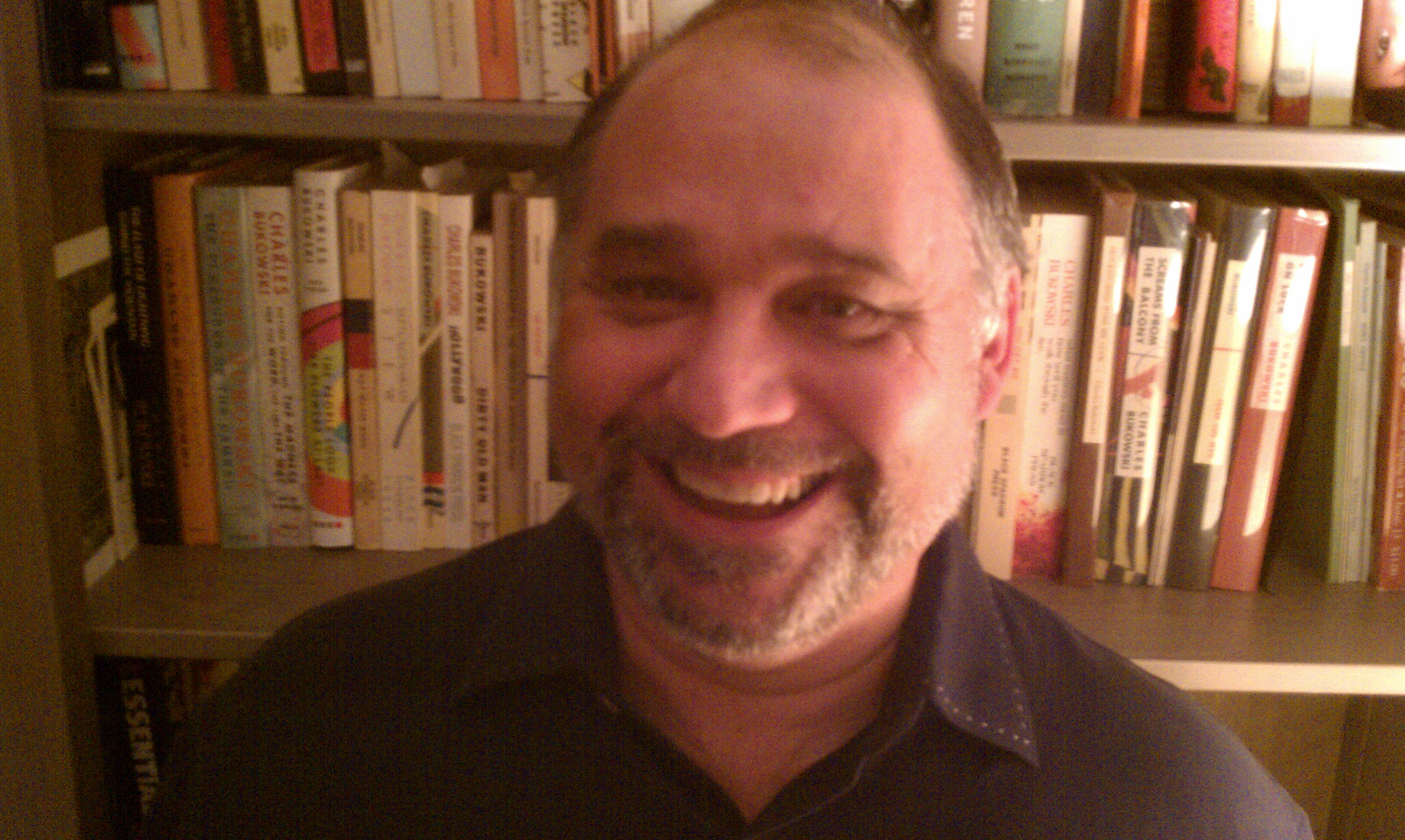Takeaways from Stephen King's "On Writing"
“On Writing” by Stephen King Is perhaps one of the most telling tales of writing an autobiography that any reader will ever pick up. The stories from King's childhood include recountings of his self-published newspapers and personal life that bring light to the darkness which inspires his writing. One of the most interesting stories from his book is writing a tabloid magazine for his classmates that mock the teachers at his high school, which King was reprimanded for and nearly suspended from his school for publishing. While Mercy was found upon King, it appears to have been a pivotal moment in his life as he decided that he did not want to pursue a career in journalism.
“I never got to like Carrie White and I never trusted Sue Snell's motives in sending her boyfriend to the prom with her, but I did have something there. Like a whole career.” One would imagine that a writer would be fond of their characters, and in this quote it is revealed to the reader that King may not have been in love with the personas that he put onto paper. It reveals to the audience a kind of divorce from sympathizing with the imaginary persons that are being placed into stories and scenes, letting us know that we need not be them to write them.
But not everything in King's book is to be admired, such as when he provides great detail of his addictions and struggles with alcohol. The recountings are an honest presentation of King as a person and make him human, but to himself he seems almost like one of the monsters from his stories. They aren’t pleasant, but they are necessary for the fullness of the book. There isn't a word to miss in the book and skipping even a single line would rob any reader of valuable information on not only what makes Stephen King a great writer, but how they might add to their own storytelling abilities.
Perhaps the most beneficial advice that King offers to future readers is found in his metaphorical Toolbox. Some of the most salient of this is “Must you write complete sentences each time, every time? Perish the thought. Even if your work consists of only fragments and floating clauses, the Grammar Police aren't going to come and take you away.” And here's perhaps where Stephen King distinguishes himself from an editor as a writer. Good writing doesn't need to be linguistically or grammatically perfect; it needs to be something that a reader wants to read and will be impacted by. If a writing is something that people want to read and are impacted by, then they will remember it.
King seems to offer a kind of middle path between grammatically complex writing, big vocabulary and lean writing that merely progresses plot. Sometimes we need complex sentences and sometimes we need verbose descriptions that paint a very clear image in a reader's mind. well Stephen King seems to largely a shoe this style of Storytelling that utilizes great big vocabularies in favor of more accessible words to a larger audience, he doesn't do so entirely and implies that readers and writers must determine for themselves what the best balance between High vocabulary and readability is for them.
The most direct advice that Stephen King offers to writers is “You should avoid the passive tense.” I think that this is something that I want to add to my writing more than anything out of the book that I have drawn, because writing in the passive tense is something that I find myself doing almost exclusively if memory serves. I definitely believe that I can add zest and excitement to my writing by presenting more of it in the form of active verbs. I look forward to reading some of my past writing and editing it to make it more exciting.


Comments
Post a Comment